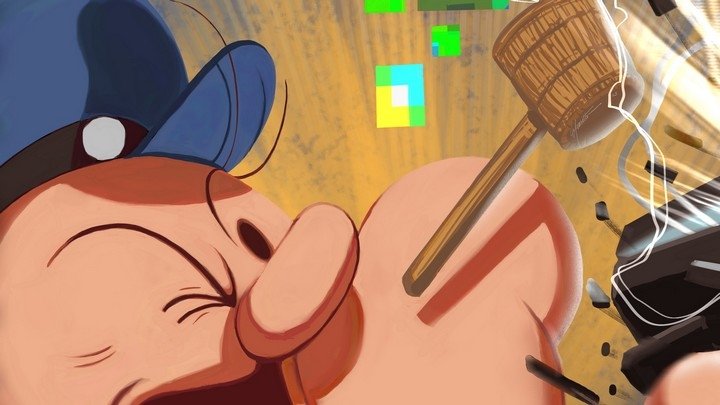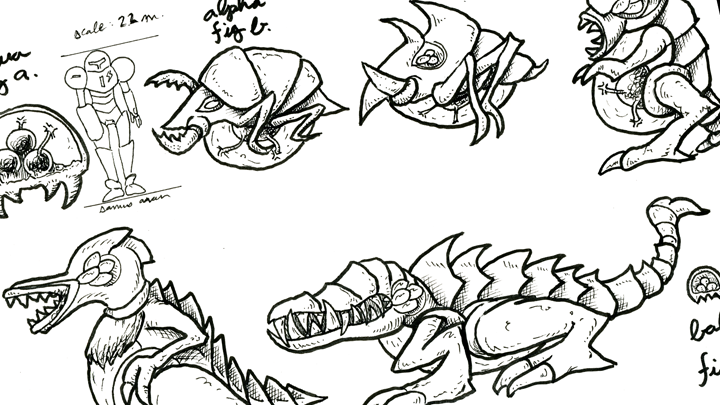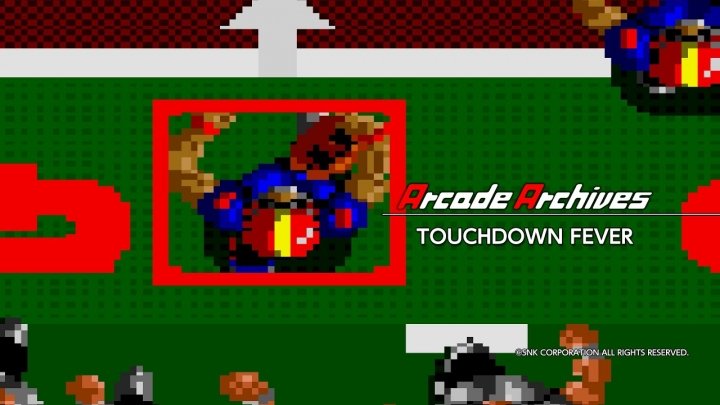The World Cup game that became a nightmare
Certainly no carnival atmosphere to be found.
People are already calling the 2018 World Cup one of the best ever, and the group stages aren't even finished yet. It's easy to see why -- almost every day has been filled with shocks, excitement, and tons of goals. Just today, the reigning champions Germany were sent crashing out after a shock 2-0 defeat by South Korea, executed in the last minute through a goalmouth scramble and the important assistance of the controversial VAR system -- working exactly as it was designed by preventing an officiating howler that would have denied the Koreans a crucial goal, and potentially changed the entire game. Here in England, the exit of an old enemy combined with a goal-hungry national team that put six past Panama has managed to convinced some people that, after 52 years of hurt, football's finally coming home. Worries about fan violence have failed to materialise, everyone's in good spirits, and the Russian tournament is, so far, a complete triumph.
It used to be that every four years, a World Cup game would accompany the veritable feast of football. Indeed, it still does -- naturally EA have the honours, releasing a World Cup DLC for FIFA 18 that essentially acts like a second game. But in the good old days, you'd have a whole bellyful of World Cup-themed titles, official and unofficial -- almost any arcade footie game of the past uses national teams and takes some sort of tournament formula, after all. Naturally said titles are often pretty average, especially these days...but one in particular is quite the infamous example -- and for so many more reasons than simply being a terrible game. It's one of the great controversies of the '80s UK microcomputer age, in fact. It is World Cup Carnival, the official tie-in game in the UK for the 1986 tournament, released by US Gold for the ZX Spectrum, Amstrad CPC and Commodore 64.

I have covered the story of this game in video form -- you can find it in my US Gold documentary -- but it's obviously a subject worth revisiting. US Gold were a studio known for licenses and tie-ins -- movie games, ports from the arcade, things like that. Securing the World Cup license in 1985 would perhaps be seen as a bit of a steal, but then there was a bit of an ignorance in some circles about the commercial viability of licensed games in those days which companies like Ocean, famed for dozens of movie tie-ins, took advantage of. Speaking of Ocean, US Gold wished to collaborate with them on the project -- that seemed obvious, seeing as Ocean founders David Ward and Jon Woods owned a 50% share in US Gold, a deal made at the start of the company's existence that founder Geoff Brown had come to regret greatly. The plan was simple -- take an already successful Ocean game, Jon Ritman's Match Day, and rejig it in order to make it a World Cup licensed game. No one would have been unhappy with Match Day: World Cup Edition.
However, that's not what Ocean gave US Gold. In fact, they didn't give them anything at all. Months passed, other projects were worked on, and with about three months to go before kick off in Mexico City, US Gold checked up on Ocean's progress to find that...well, they'd forgotten. And due to the nature of the deal, there wasn't a whole lot that US Gold could do about it. They had this license, and with so little time they had nothing. Desperately, US Gold searched for an answer...they found it in the shape of Artic Computing, who in 1984 had released a rather obscure title by the name of World Cup Football. Artic, an important company in the early days of the micros, were by this point in dire straits financially -- and so, they happily took a quick deal.

The eventual World Cup Carnival game, as released, is a very slight reskin of Artic's original. Literally, the only changes were to the signage around the pitch, and the addition of a primitive penalties mode. The game itself was terrible -- sprites controlling the ball are virtually invisible in the Spectrum version where you can also score simply by running in a straight line, the A.I. was nonsensical, and there were zero options to customise anything, from the formations to the match time. The game was obsolete by 1984 standards, let alone 1986 -- and US Gold knew it. They tried to cover it up as best they could -- still marketing the hell out of it, adding stickers, posters, and even a fixture wallchart into the box in order to justify the game being priced as a full release when it was barely a budget title, and needless to say people weren't having it. The game was utterly scorched in reviews for being two years old, and was mostly returned by anyone unfortunate enough to buy it. Even the stores were enraged at US Gold's ballsiness in sending out this turkey, causing a significant hit to their reputation.

In the end, said reputation would be quickly restored by the release of popular American imports such as Leader Board. Ocean's own part in the mishap was barely mentioned, naturally -- and much to Geoff Brown's chagrin, they would continue to rake in money from US Gold without doing that much in return. The deal didn't do much for Artic Computing -- in fact, they'd actually already given the rights away to World Cup Football to Prism Leisure in a fire sale, meaning they had no business making the game for US Gold in the first place...needless to say, Prism demanded punitive reparations and almost immediately after the release of World Cup Carnival, Artic went bankrupt. Not exactly a good story for all involved, then -- and to top it all off, this was the first official World Cup game. Needless to say, the only way was up from here.




